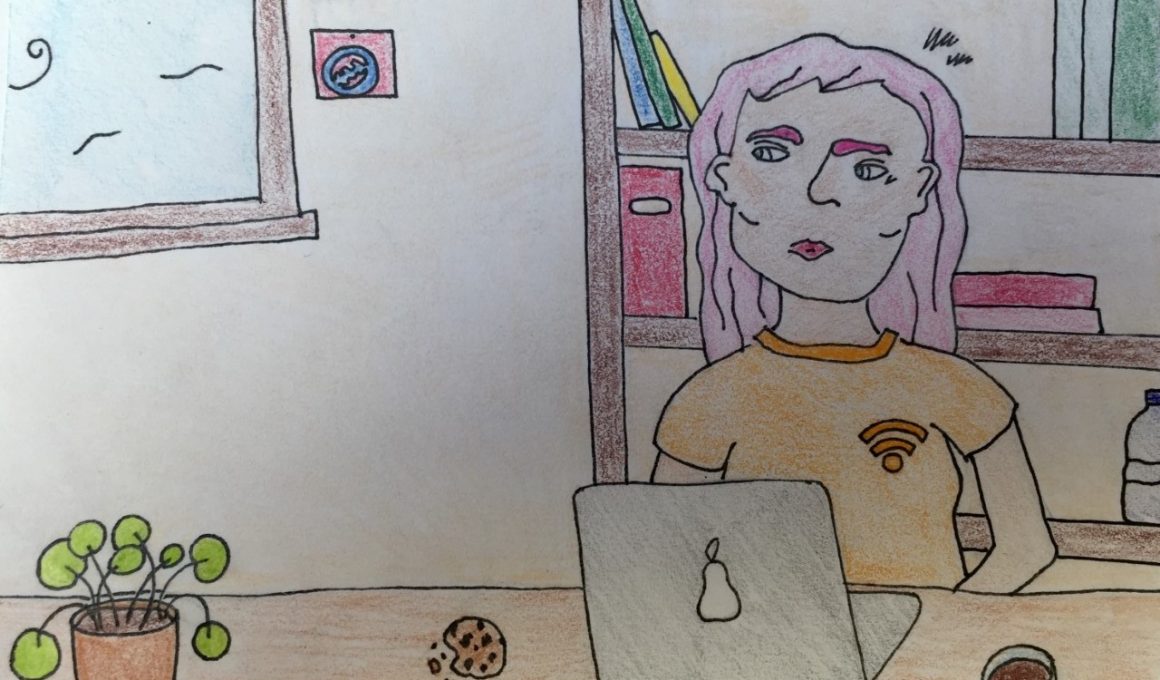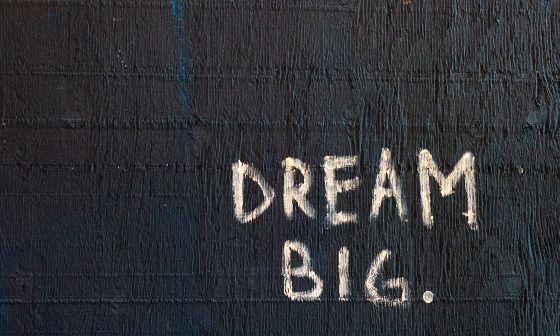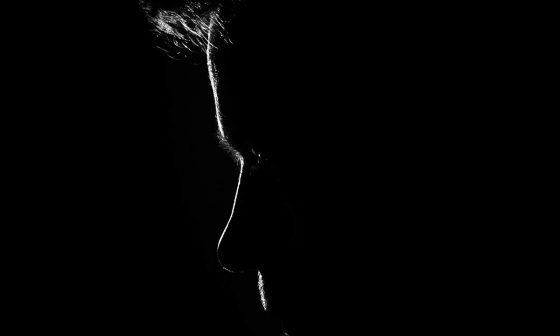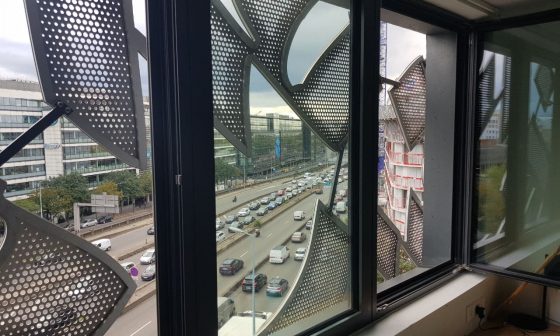When we think about coronavirus and precarity, many fields of our life come crossing our mind. This virus affected the economic and social conditions of our countries, but also our habits, our way to build relationships and even our perception of time and space as we used to know them, as we are adapting our timetable and movements to curfews, travel restrictions and quarantines.
Among all the things that have changed, we also had to get familiar with a completely different experience of school and university since the beginning of the pandemic, as we recur to online teaching. The current way of teaching and learning is very different from what we used to know for many reasons, especially concerning the lack of human contact, the concrete perception of learning and social exchange such as spontaneous debates after classes with teachers or among the students.
While many students feel much less motivated with online learning, some realised that this system disinhibits them, stating that asking questions to teachers has become easier for them since they feel “safer” behind the screen. By consequence, it is difficult to point out a clear evaluation of the pros and cons of this new system.
Moreover, we should not forget the ambiguity of the “virtual solution” in its more intrinsic features. On the one hand, following classes from our homes brings new possibilities, such as choosing several curses from different universities and is particularly an advantage for those who are living far from the campus. On the other hand, not everybody has the appropriate means on devices and Internet access to perform well in this sort of “second Internet revolution” which may be more controversial than the first one.
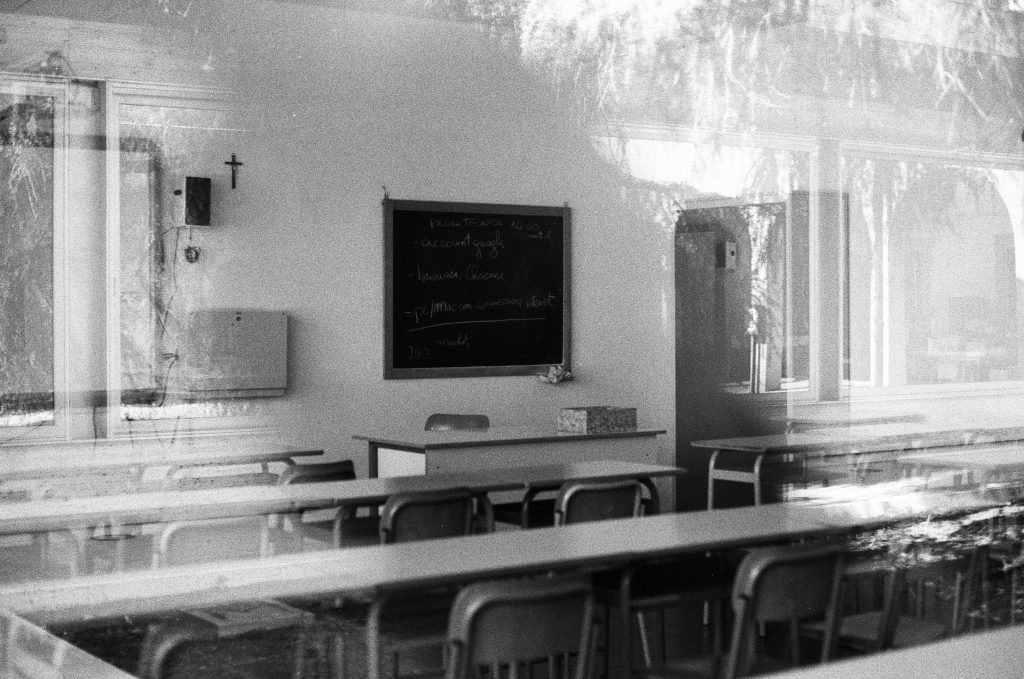
Our governments are not paying enough attention to the sensibility of younger people and the delicateness of their learning. Actually, our high-school teachers are fighting with a lack of resources to form the generations who will constitute the ruling class of our future societies and who are growing deprived of purposes and interest for what is waiting for them, given that they are not put in the conditions to imagine anything worthy for their future. This must be added to the general atmosphere of the global catastrophe in which we are living, amplifying the perception of some sort of approaching apocalypse.
When we took off interaction between teachers and students and among students themselves, when we started to consider learning as a passage of notions from a big container to smaller ones that should be filled up with that, when we pretended that this would have been a good substitute of the educational system as we know it and for which we would not have paid any consequence, we forgot the real and most authentic heart of education. Schools and university are the laboratories of the transmission of knowledge and passion which pass through human and tangible people (and not only their virtual self), their gestures, their way to expose a subject, their manner of approaching the fragile period of life that students are facing as well as entering in an enriching relationship of sharing and understanding with them.
Furthermore, schools and universities form not only passionate people with a culture to be built, but conscious citizens of the society. So, each institution responsible in education should provide young people with the hope and trust necessary to believe that they have to look for their place in this society, that they will find it and that only in this way they will make their own society a better one. When one of these aspects is compromised, as it is in these coronavirus times, we must tell ourselves that we have failed somewhere, and so have an urgent duty to remedy.

